2026 GRAMMY Awards
Y'all, 38 artists and 70 GRAMMY nominations is BONKERS!! Our MAX/SET artist partners absolutely crushed it this year.
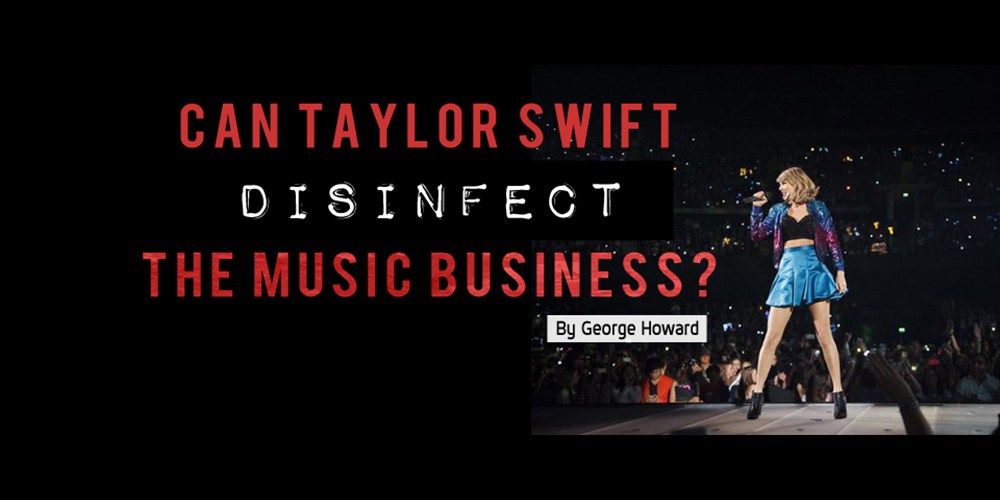
This article was originally published on Forbes.
With her recent post, Taylor Swift changed Apple‘s policy of not paying artists during a customer’s three-month trial period. However, Ms. Swift’s post may do much more than that. By shining the brightest ray of sunlight yet upon the infected music business, Ms. Swift just might incite the additional scrutiny necessary to really generate meaningful change.
As I discussed in my article, “The Real Message in Taylor Swift’s Open Letter to Apple Music: “Be More Like Me,” (that was written prior to Apple’s change of stance), I believe Ms. Swift was demanding more than compensation for artists during the trial period. Her letter appears to challenge Apple to create a music service that – like Apple’s other products – people are so delighted by that they willingly pay for music. Ms. Swift writes: “I respect the company and the truly ingenious minds that have created a legacy based on innovation and pushing the right boundaries.”
Whatever the intent of the letter, one unexpected outcome is something I’ve never seen in 25 years in the music business: people who are not in the music business are talking about compensation for artists.
It was Justice Brandeis who, in a 1913 Harper’s Weekly article, wrote, “…sunlight is said to be the best of disinfectants.” The line was inspired by his desire to create a more transparent political system, but resonates deeply today–particularly with respect to the music business.
Since its inception, the music business has operated under a veil of obfuscation; those in the know leveraging the information-asymmetry to further their own agenda. We’ve all heard of the egregiously bad contracts many artists have signed, or the mountains of unpaid royalties artists never receive. And certainly, artists themselves have come a long way in avoiding these types of practices by educating themselves, being well-represented, and/or no longer needing the services of the labels. Additionally, as I and others have written about, technologies such as the Blockchain may lead to more transparent systems.
However, the general public is about as interested in the vagaries of how the music they consume reaches their ears as they are about how their plumbing works – they only notice if there is a problem. Ms. Swift’s letter appears to have caused laypeople to wonder if maybe there is a problem.
Certainly, the general public knows something about Payola, however, the general public is likely unaware that:
These and other “anomalies” have existed in the music business since the dawn of the music business. They are never discussed outside the music business (why would they be?), and so they go on and on and on.
Until . . .
Systems or businesses that are built upon unethical foundations always eventually crumble.
They crumble when emergent companies determine that there is a competitive advantage to be gained via transparency. Kobalt, for instance, is a music publisher that has grown rapidly due to its stated mission of, ”[empowering] creators with transparency, flexibility, ownership and control.” What does a “ competitive advantage” of transparency say about the rest of the industry?
They also crumble when someone who countless people admire, respect, and have value alignment with draws attention to an issue.
This is what Ms. Swift has done.
The cynical point of view is that Apple’s decision to pay artists during a customer’s three month trial period has far less to do with doing the “right” thing, and everything to do with a business risk/reward calculation. That is, it is cheaper for Apple to pay artists during the three month trial period than it would be to absorb the revenue decline from the brand equity damage that would result from not doing so.
Perhaps I’m wrong and Apple genuinely wants to fairly compensate artists. Perhaps Apple will build a streaming service so compelling that customers happily pay for a delightful musical experience. I hope so.
Whatever the outcome, we should all be grateful that, for however long it lasts, Ms. Swift has increased the dialog around the endemic problems of the music industry. Perhaps, to quote a line from another artist who was screwed by his record label, “A change is gonna come.”
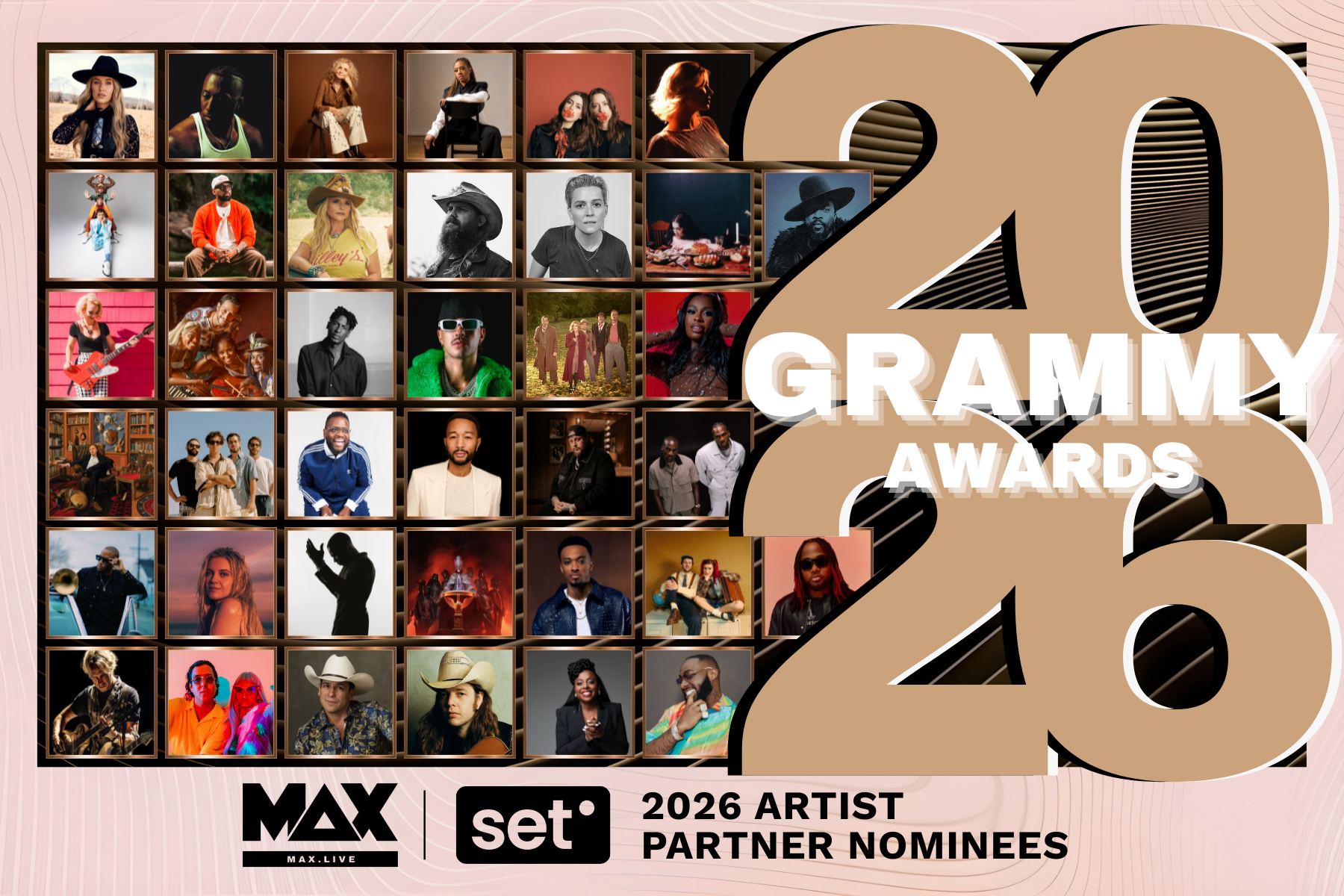
Y'all, 38 artists and 70 GRAMMY nominations is BONKERS!! Our MAX/SET artist partners absolutely crushed it this year.
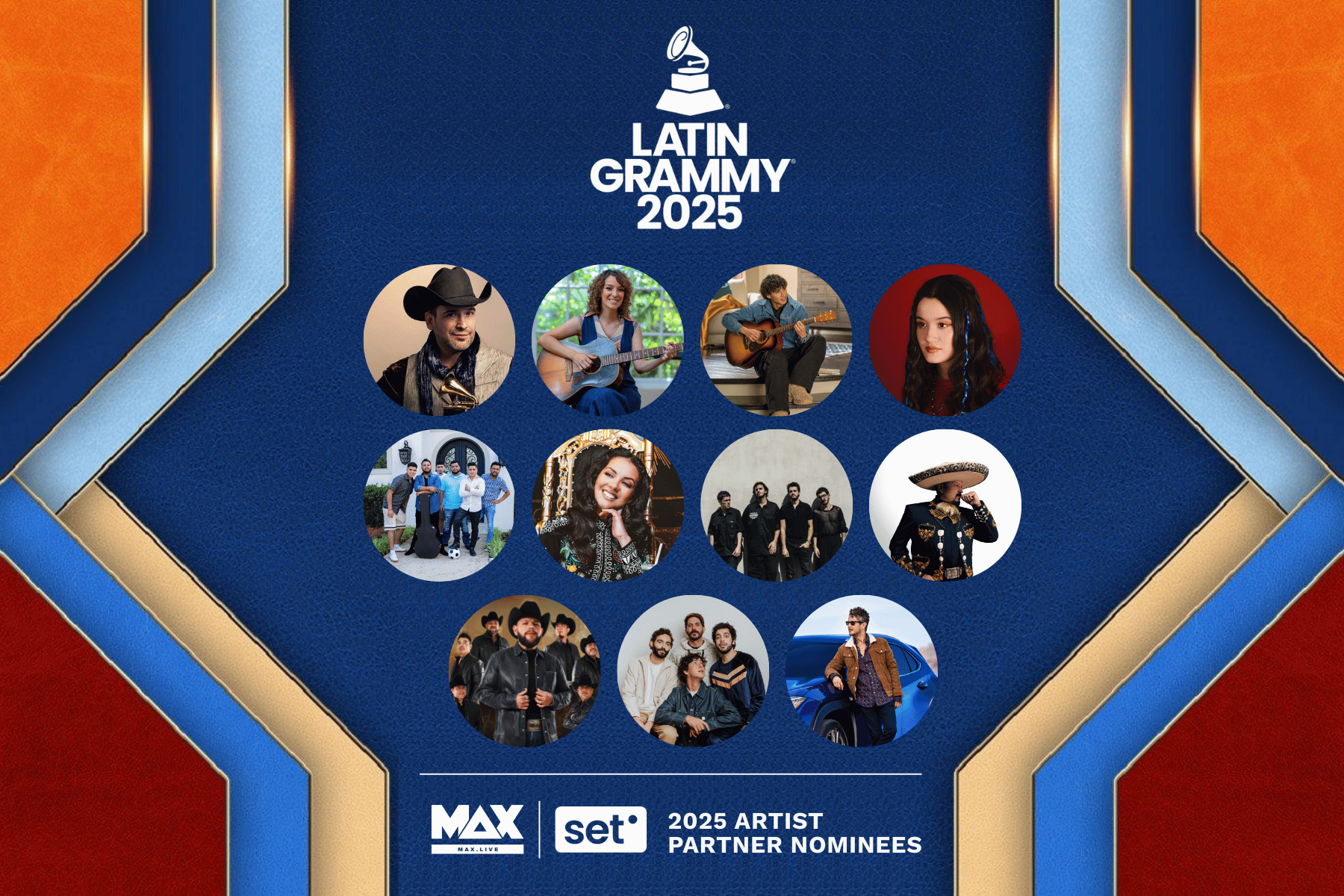
11.17.2025 UPDATE: 4 artist partners took home Latin GRAMMY Awards! 🏆🍾 The countdown has begun for the 2025 Latin GRAMMYs! On November 13, 2025,...

The 2025 CMA Awards, airing on November 19, 2025, will celebrate the best in country music, and we're thrilled to announce that 14 of our incredible...
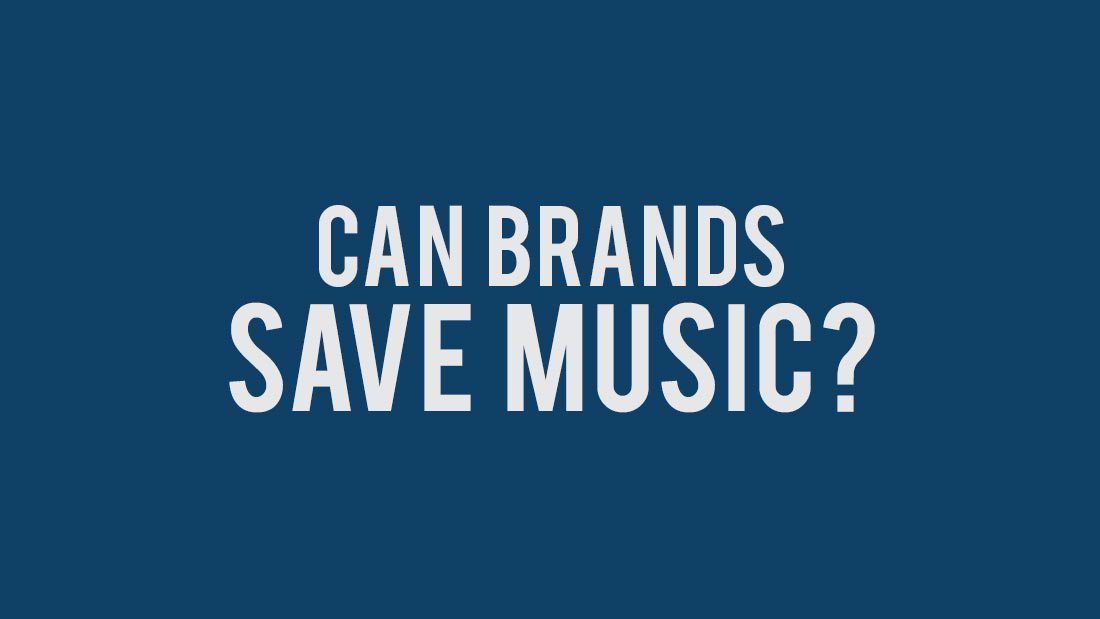
The recent firestorm of controversy over Taylor Swift’s decision to pull her catalogue from Spotify (the ramifications of this covered nicely by...
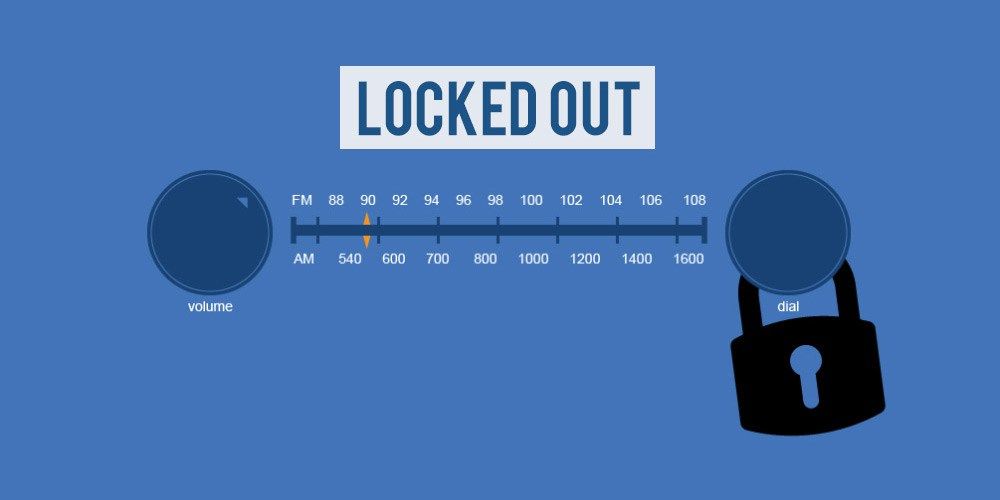
I’ve written at some length about the difficulties surrounding getting your music played on radio. The bottom line is that unless you’re an artist...
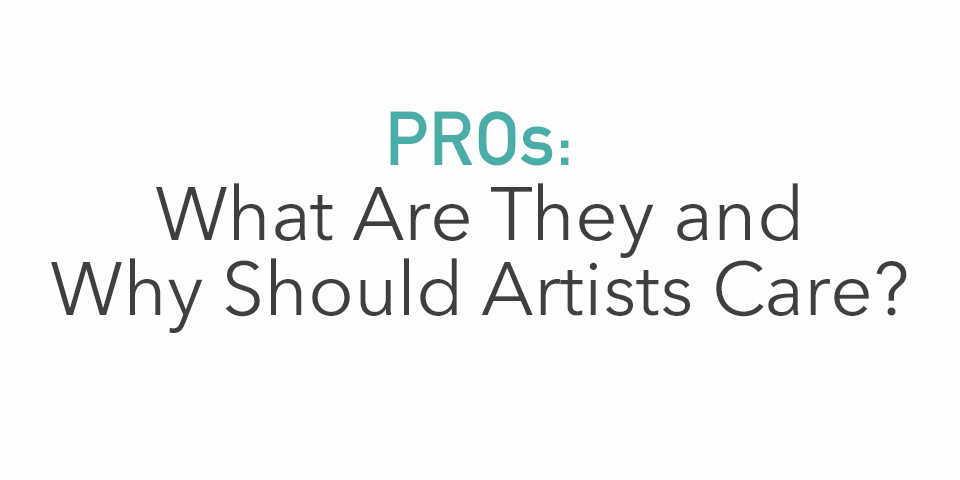
This is the first part of an ongoing series to empower artists with the knowledge and resources they need to successfully navigate the music industry.